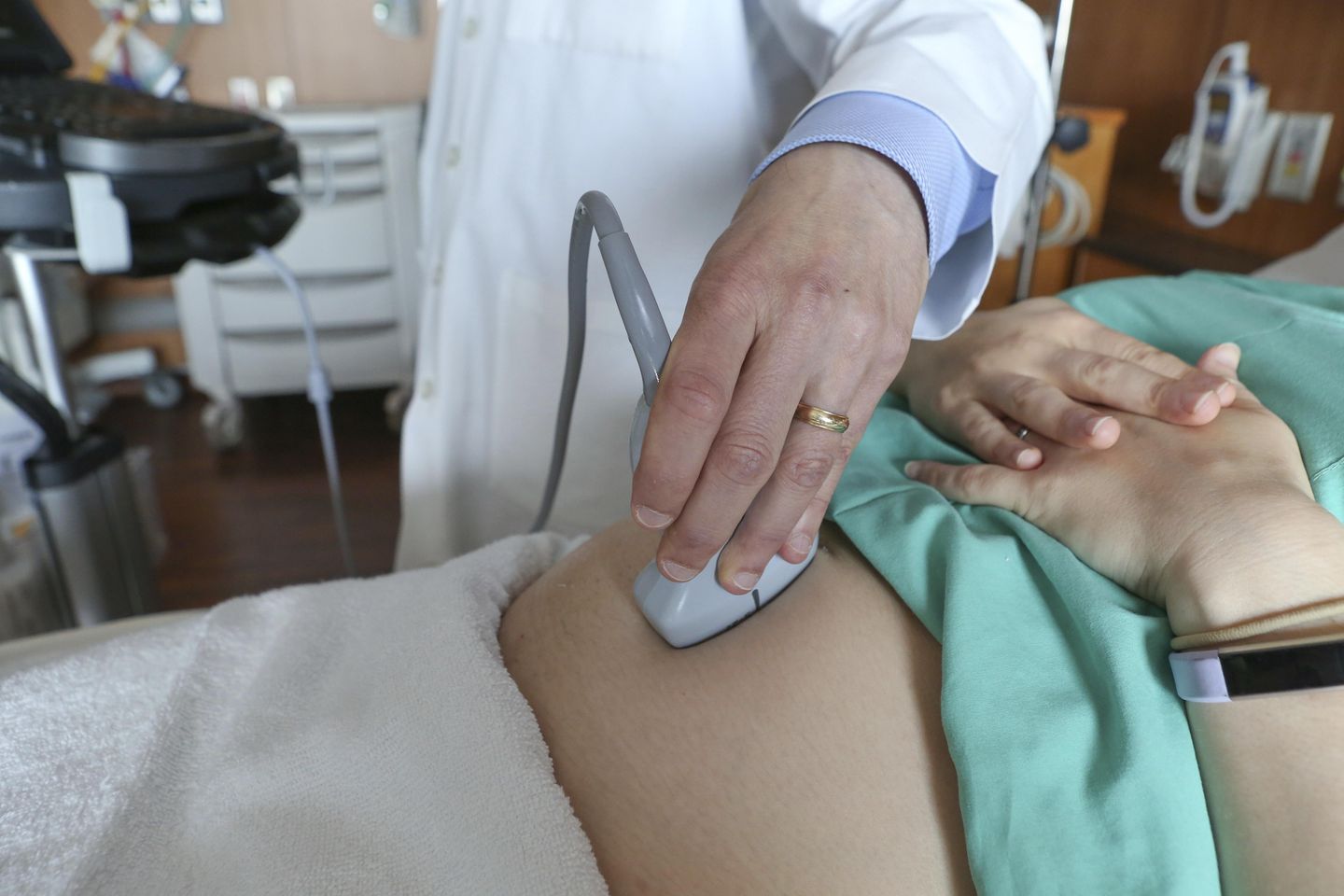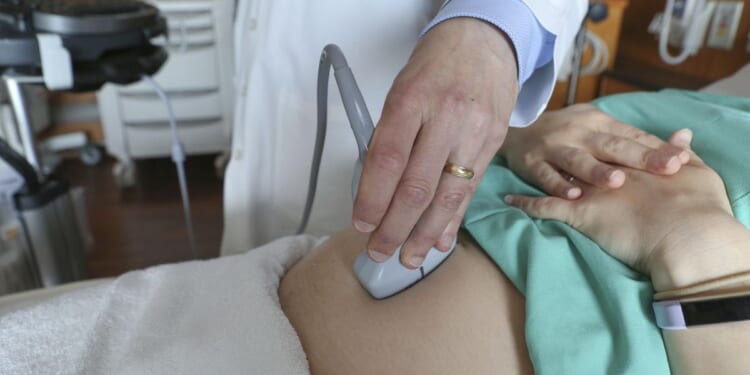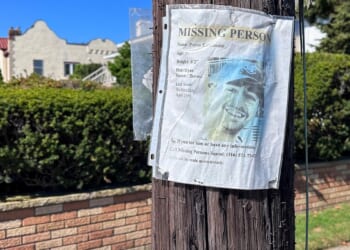
The nation’s pro-life pregnancy centers have flourished since the Supreme Court’s landmark 2022 decision rejecting a nationwide right to an abortion, adding patients, services and locations despite an onslaught of Democratic attacks.
The number of new clients surpassed 1 million in 2024 for the first time, up from 974,965 in 2022, according to a report released Monday by the Charlotte Lozier Institute, the research arm of Susan B. Anthony Pro-Life America.
Meanwhile, the number of crisis pregnancy centers grew from 2,750 in 2022 to 2,775 in 2024, including brick-and-mortar facilities and mobile units, with locations in all 50 states.
“In terms of the pregnancy center movement, this is not just surviving post-Dobbs. These pregnancy centers are showing that families can thrive post-Dobbs,” Karen Czarnecki, Lozier executive director, said on a press call. “Pregnancy centers are rooted in compassion, professionalism and hope.”
The growth of pro-life pregnancy centers, which offer a host of free goods and services but do not refer clients for abortions, comes in defiance of a stiff Democratic headwind.
Sen. Elizabeth Warren, Massachusetts Democrat, has led the pushback with legislation to prohibit the “fake clinics” from spreading “disinformation,” while New York Attorney General Letitia James has sought to crack down on their advertising.
Next up: the Supreme Court. The Lozier report was timed to a case now before the high court challenging New Jersey Attorney General Matthew Platkin’s investigation into First Choice Women’s Resource Centers, a Christian medical nonprofit that operates five facilities.
In 2023, Mr. Platkin issued a subpoena demanding 10 years’ worth of information on donors, personnel and advertising from the five-center network, prompting the nonprofit to file a First Amendment lawsuit accusing the state of viewpoint harassment.
New Jersey also issued a consumer alert in December 2022 warning that crisis pregnancy centers seek to “prevent individuals from accessing abortion care, sometimes by providing false or misleading information about the safety and legality of abortion.”
Marjorie Dannenfelser, Susan B. Anthony Pro-Life America president, said the case represents “really the culmination of all the abuse that the other side has inflicted on pregnancy centers” since the high court’s 2022 decision in Dobbs v. Jackson, which sent abortion decision-making back to the states.
She said pregnancy centers were “attacked maliciously with very little response from the Justice Department or law enforcement” by top Democrats “whose goal is to shut down these concretely loving centers around the country.”
Oral arguments before the Supreme Court are scheduled for Dec. 2.
The 2025 National Pregnancy Center Report, the institute’s fourth since 2017, said the findings underscore the results of a Lozier peer-reviewed 2023 study showing that 60% of women with a history of abortion would have preferred to give birth if they had received more emotional or financial support.
The latest report found that pro-life pregnancy centers provided an estimated $452 million in material goods and services in 2024, up from $365 million from 2022. Both goods and services are typically provided free of charge.
The value of the material goods alone, which include baby clothes, diapers, infant formula, car seats and cribs, rose to $116 million, a 48% increase from 2022.
Services range from counseling and education to medical procedures such as ultrasounds, STD/STI testing and treatment, and abortion-pill reversals.
The number of ultrasounds for pregnant women rose 16% from 546,683 in 2022 to 636,514 in 2024. Testing for sexually transmitted diseases and infections increased 18% from 203,171 to 239,948 between 2022-24.
The expansion of the pro-life pregnancy centers comes in sharp contrast to the continued decline of Planned Parenthood, which saw 2.08 million patients in 2022-23, a drop of 23% from 2013, according to the Lozier analysis of Planned Parenthood’s latest annual report.
Total services at Planned Parenthood fell by 10% from 2013, even though the number of abortions increased by 2% year-to-year and 23% from 2013, the analysis found.
Last week, Planned Parenthood announced that it has closed nearly 50 clinics this year, including 20 since July 4, when President Trump signed the One Big Beautiful Bill Act, which halted Medicaid funding to most affiliates. Planned Parenthood has challenged the provision in federal court.
Alexis McGill Johnson, president and CEO of Planned Parenthood, cited the loss of federal Title X grants and Medicaid funding, as well as low medical reimbursements and rising healthcare costs.
“[Republicans] are intentionally dismantling health care for patients most in need and pushing Planned Parenthood health centers further to the financial brink,” she said in a Nov. 12 statement.
Ms. Dannenfelser argued that pro-life pregnancy centers offer what Planned Parenthood does not, namely, support for women who may be grappling with addictions, domestic abuse or homelessness, but want to keep their babies.
“You have a Planned Parenthood organization and a big abortion movement that, to the problem of addiction, says when she enters a clinic or she goes online: ‘Here’s your pill. Have a nice life,’” she said. “Pregnancy centers, with the support of care workers, are going to the roots of the problem.”











